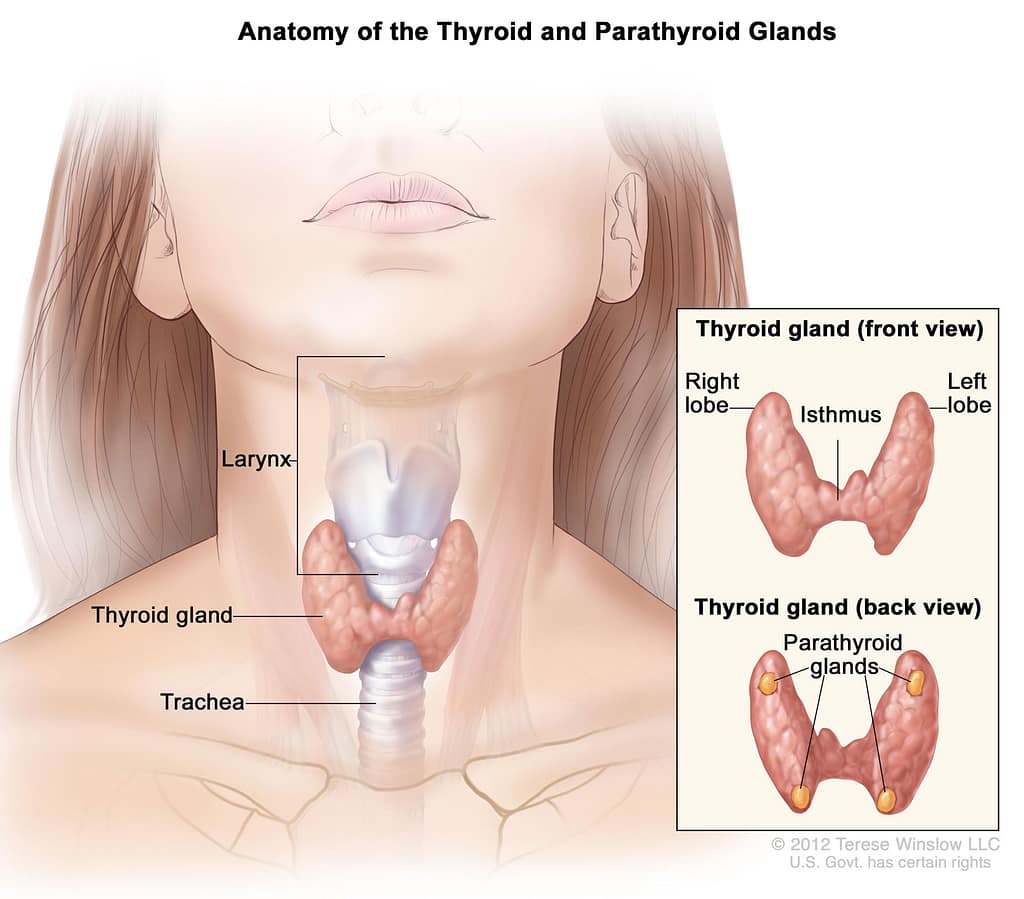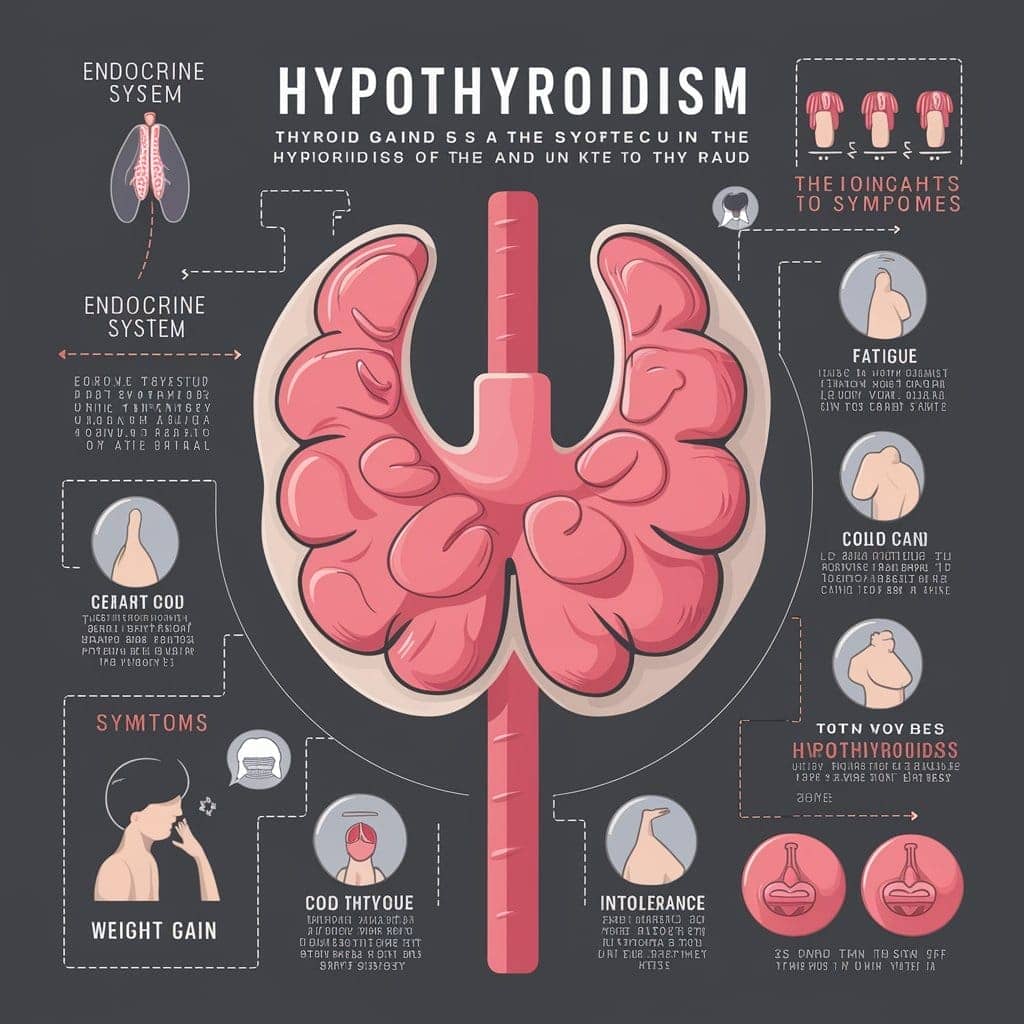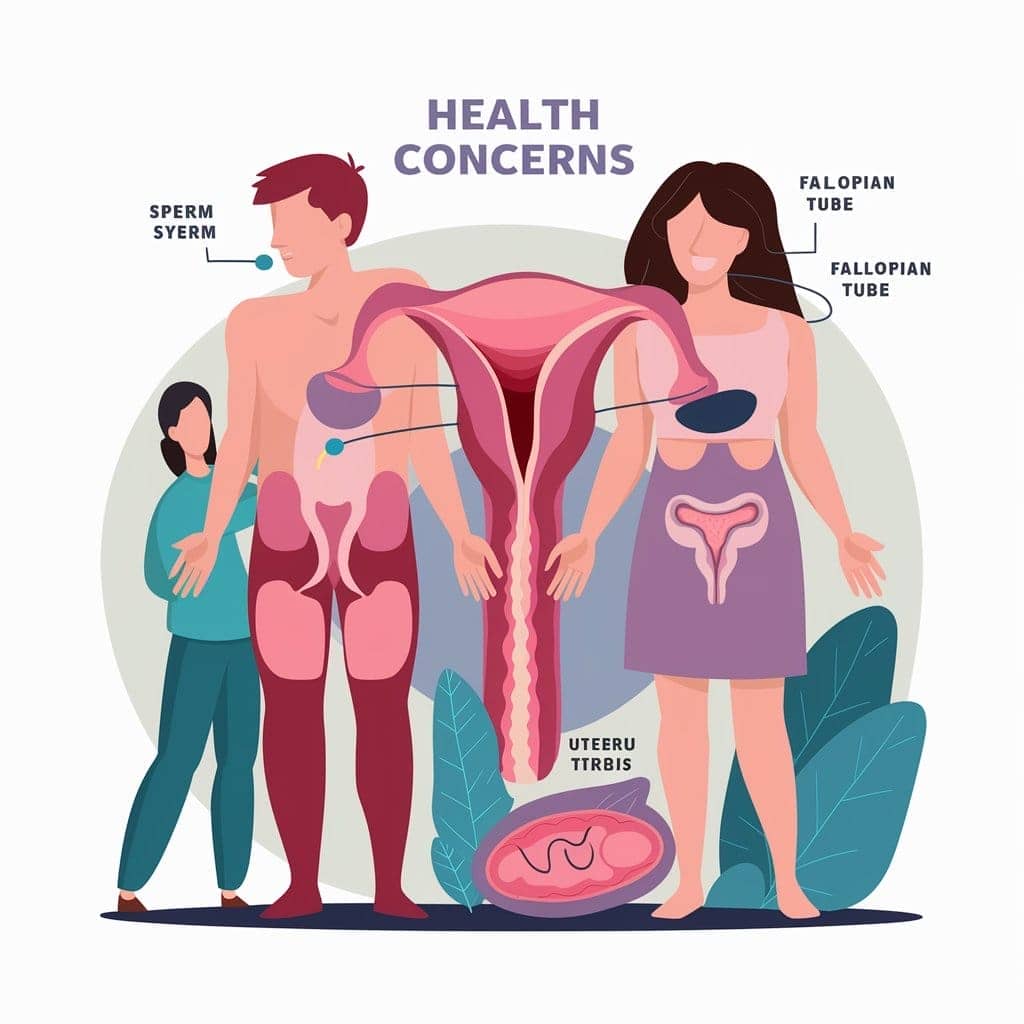An astonishing fact: nearly 20 million Americans have some form of thyroid disease, yet up to 60% are unaware of it. This small gland at the base of the neck, despite its size, wields immense influence over nearly every bodily function. The thyroid’s intricate ballet of hormone release affects metabolism, energy levels, and even mood.
The history of thyroid disorders dates back centuries, with early descriptions found in ancient Chinese literature. Today, thyroid dysfunctions are increasingly common, with hypothyroidism affecting approximately 5% of the global population. Advancements in medical research have enabled better diagnostics and treatment plans, significantly improving the quality of life for patients.
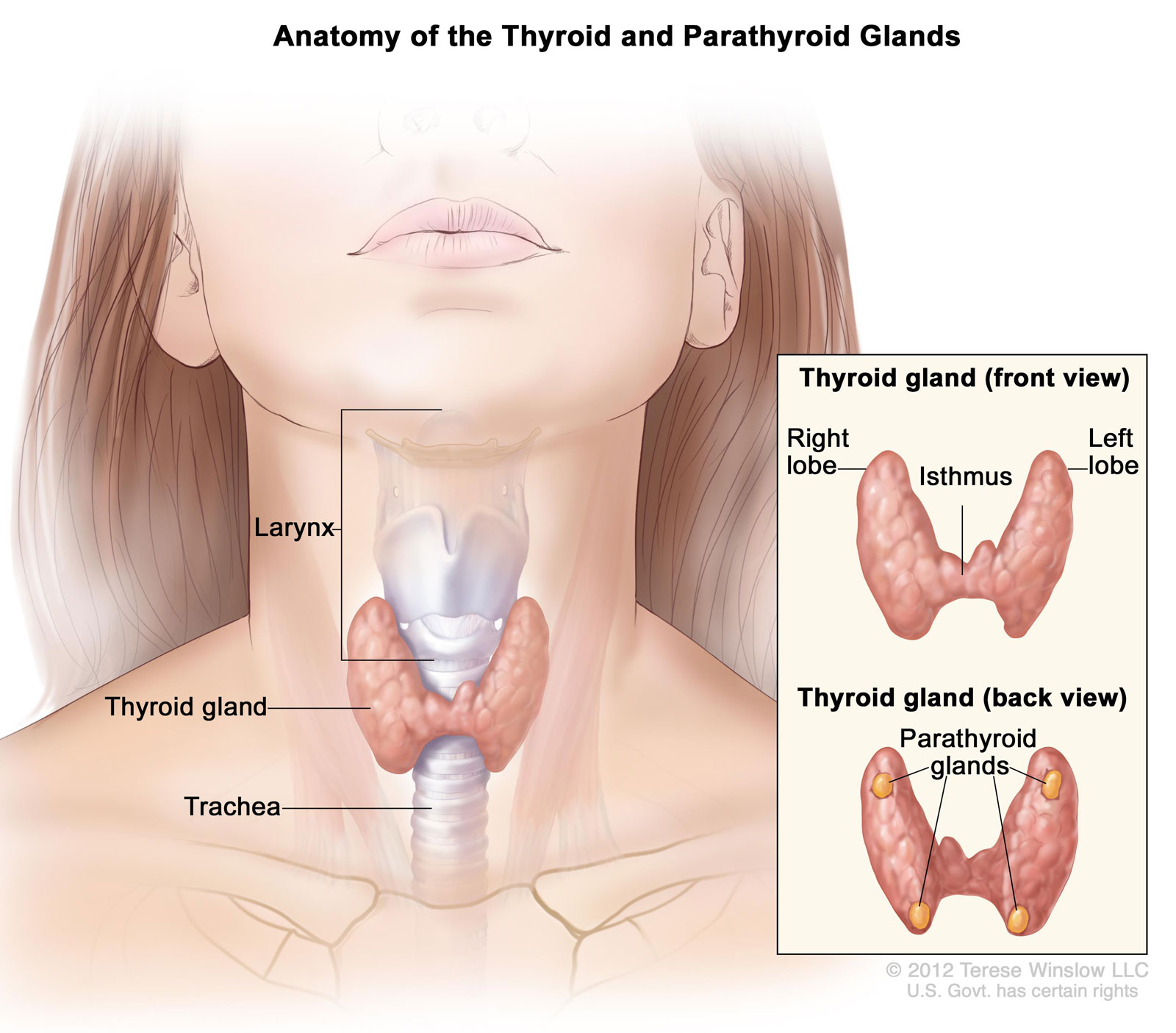
The Influence of the Thyroid Gland
Role in Metabolism
The thyroid gland is vital for controlling your metabolism. It releases hormones that determine how fast or slow your body uses energy. This process affects everything, from your heart rate to how quickly you burn calories.
When the thyroid produces too many hormones, your metabolism speeds up. This condition is known as hyperthyroidism. On the flip side, hypothyroidism slows down your metabolism.
Impact on Growth and Development
The thyroid gland plays a significant role during childhood. It’s responsible for ensuring proper growth and brain development. Without adequate thyroid hormones, children can experience stunted growth or learning disabilities.
During puberty, the thyroid also helps in the development of various body systems. A well-functioning thyroid is essential for healthy adolescence.
Influence on Mood and Energy Levels
Thyroid hormones significantly impact your mood and energy. People with hyperthyroidism often feel anxious and restless. On the other hand, hypothyroidism can lead to depression and fatigue.
Managing thyroid levels can improve overall mental health and well-being. It’s crucial to pay attention to these symptoms and consult a healthcare provider if needed.
Regulation of Body Temperature
The thyroid also helps regulate body temperature. Hormones released by this gland ensure your body maintains a consistent and healthy temperature. Abnormal thyroid function can make you feel unusually hot or cold.
Understanding how the thyroid influences body temperature can help manage these symptoms. Proper diagnosis and treatment can significantly improve daily comfort.
How to Do a Self Thyroid Exam
The Prevalence of Thyroid Disorders
Thyroid disorders are surprisingly common worldwide. Millions of people live with thyroid issues, many without even realizing it. This highlights the importance of understanding the prevalence and impact of these conditions.
Global and National Statistics
Globally, about 750 million people are affected by thyroid disorders. In the United States, an estimated 20 million people have some form of thyroid disease. Many cases go undiagnosed, making awareness crucial.
A significant portion of the affected population consists of women. Thyroid disorders are five to eight times more common in women than in men. This gender disparity is a critical consideration for healthcare providers.
At-Risk Groups
Certain groups are more susceptible to thyroid problems. Women, particularly those older than 60, are at higher risk. Those with a family history of thyroid disorders are also more likely to develop issues.
Another at-risk group includes individuals with autoimmune diseases. Conditions like Type 1 diabetes and rheumatoid arthritis often coincide with thyroid disorders. Monitoring these groups can help in early detection and treatment.
Importance of Early Diagnosis
Timely diagnosis of thyroid disorders is vital. Early treatment can prevent complications like heart disease and mental health issues. Regular screening is essential, especially for those in high-risk categories.
Recognizing the signs and symptoms of thyroid problems can lead to earlier intervention. Common symptoms include fatigue, weight changes, and mood swings. Addressing these symptoms promptly improves quality of life.
The Evolution of Thyroid Treatment
Treatment for thyroid disorders has come a long way over the centuries. Early treatments were often rudimentary and ineffective. However, significant advancements in medicine have revolutionized how we manage these conditions.
In the past, goiters, or enlarged thyroid glands, were treated with iodine supplements. Doctors discovered that iodine deficiency was a primary cause. This simple yet effective treatment helped many patients recover.
Today’s treatments are more sophisticated. Medications like levothyroxine can balance hormone levels effectively. In some cases, surgery or radioactive iodine therapy is necessary to remove or shrink the thyroid gland.
Research continues to push the boundaries of thyroid treatment. New approaches, including personalized medicine, are being explored. These advancements promise even better outcomes for patients in the future.
Living with a Thyroid Disorder: From Diagnosis to Management
Discovering you have a thyroid disorder can be overwhelming. Early diagnosis is crucial for effective management. Doctors usually start with blood tests to measure thyroid hormone levels.
Once diagnosed, treatment often involves medication to balance hormone production. For example, hypothyroidism is commonly treated with synthetic thyroid hormones. Hyperthyroidism may require medications to reduce hormone levels or even surgery.
Besides medication, lifestyle changes are essential for managing thyroid disorders. Maintaining a healthy diet and regular exercise can improve symptoms. Additionally, managing stress through relaxation techniques can be beneficial.
Regular monitoring is also vital. Routine follow-ups with your healthcare provider ensure your treatment is on track. Adjustments to medication dosages are sometimes necessary.
Support from family and friends can make a significant difference. Connecting with support groups can provide emotional relief. Many people find comfort in sharing their experiences with others facing similar challenges.
Innovations on the Horizon: Future of Thyroid Disorder Treatment
The future of thyroid disorder treatment looks promising. Rapid advancements in technology and medicine are changing the landscape. Researchers are continually discovering new ways to diagnose and treat thyroid conditions.
One exciting area is personalized medicine. This approach tailors treatments to individual genetic profiles. Personalized treatments could improve effectiveness and reduce side effects.
Another advancement is in thyroid hormone replacement therapy. Scientists are developing new, more effective drugs. These medications aim to mimic natural thyroid hormones more closely.
Non-invasive diagnostic tools are also emerging. Technologies like advanced imaging and blood tests enhance early detection. Early diagnosis leads to better management and outcomes.
Additionally, lifestyle interventions are gaining attention. Diet, exercise, and stress management play crucial roles in managing thyroid disorders. Integrating these into treatment plans can lead to better overall health.
Finally, researchers are exploring the potential of regenerative medicine. Using stem cells to repair or replace damaged thyroid tissue could become a reality. This innovation holds great promise for those with severe thyroid disorders.
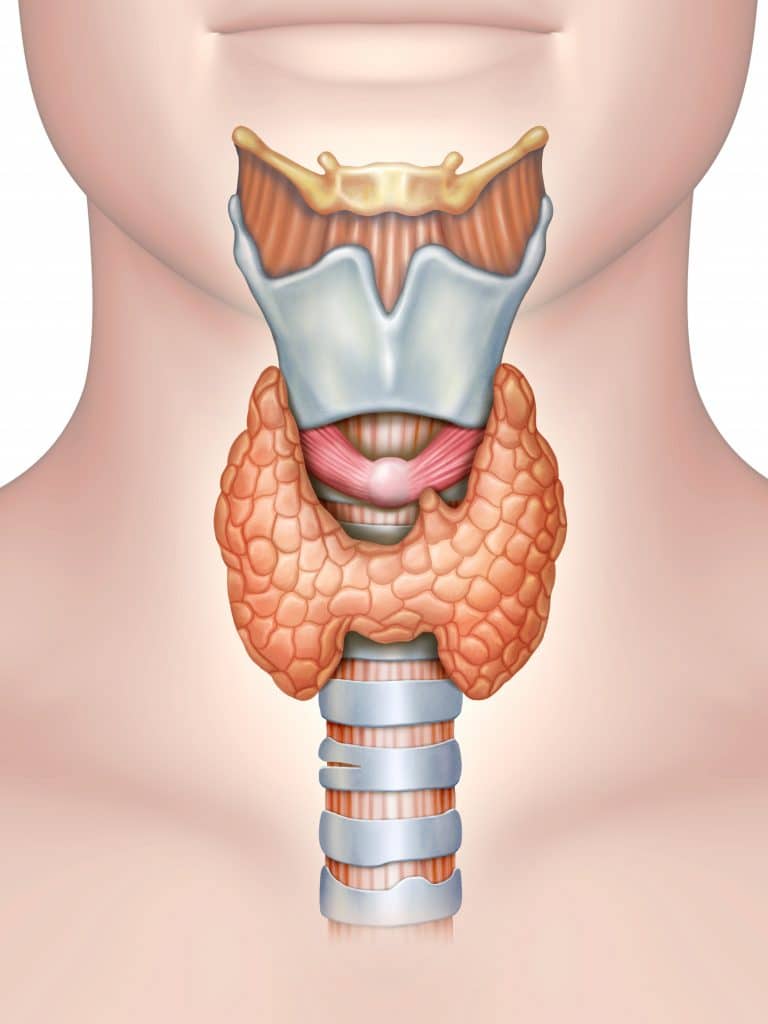
Frequently Asked Questions
Thyroid disorders are common and can affect anyone, regardless of age or gender. Here are some frequently asked questions to help you understand more about thyroid health.
1. What are the common symptoms of thyroid problems?
The symptoms can vary depending on whether your thyroid is overactive or underactive. Common signs of an overactive thyroid (hyperthyroidism) include rapid heartbeat, weight loss, anxiety, and sweating.
An underactive thyroid (hypothyroidism) can cause fatigue, weight gain, depression, and cold intolerance. If you experience any of these symptoms, it’s essential to consult a healthcare provider for proper diagnosis and treatment.
2. How is a thyroid disorder diagnosed?
Diagnosis usually starts with a physical exam and reviewing your medical history. Blood tests measuring levels of hormones like TSH (thyroid-stimulating hormone), T4, and T3 are commonly used.
Your doctor might also recommend imaging tests such as ultrasound or radioactive iodine uptake studies to get a clear picture of your thyroid function. Early detection makes managing thyroid disorders easier.
3. What treatment options are available for hypothyroidism?
The most common treatment for hypothyroidism is synthetic hormone replacement therapy. Medications like levothyroxine replace the deficient hormones to normalize body functions.
Lifestyle changes like a balanced diet and regular exercise can also help manage symptoms effectively. Regular monitoring by a healthcare provider ensures optimal dosage adjustments.
4. Can diet impact thyroid health?
Your diet can significantly affect your thyroid health. Nutrients like iodine, selenium, and zinc play crucial roles in maintaining proper thyroid function.
A balanced diet that includes seafood, nuts, whole grains, and dairy products can support your thyroid gland’s performance. Always consult with healthcare providers before making significant dietary changes.
5. Are there natural ways to support thyroid function?
Nurturing your overall well-being naturally supports your thyroid too. Managing stress through yoga or meditation can be beneficial for your hormonal balance.
A healthy lifestyle incorporating good nutrition and regular physical activity can improve overall health outcomes for those with mild thyroid conditions. Consulting a healthcare professional is still essential while exploring natural remedies
What is Thyroid Disease? (HealthSketch)
Conclusion
Understanding thyroid health is crucial for overall well-being. With early diagnosis and effective management, many thyroid disorders can be treated successfully. Advanced treatments and ongoing research continue to improve patient outcomes.
By staying informed and proactive, you can better manage thyroid conditions. Regular check-ups, a balanced diet, and professional medical advice are key. These steps ensure a healthier, more balanced life.
